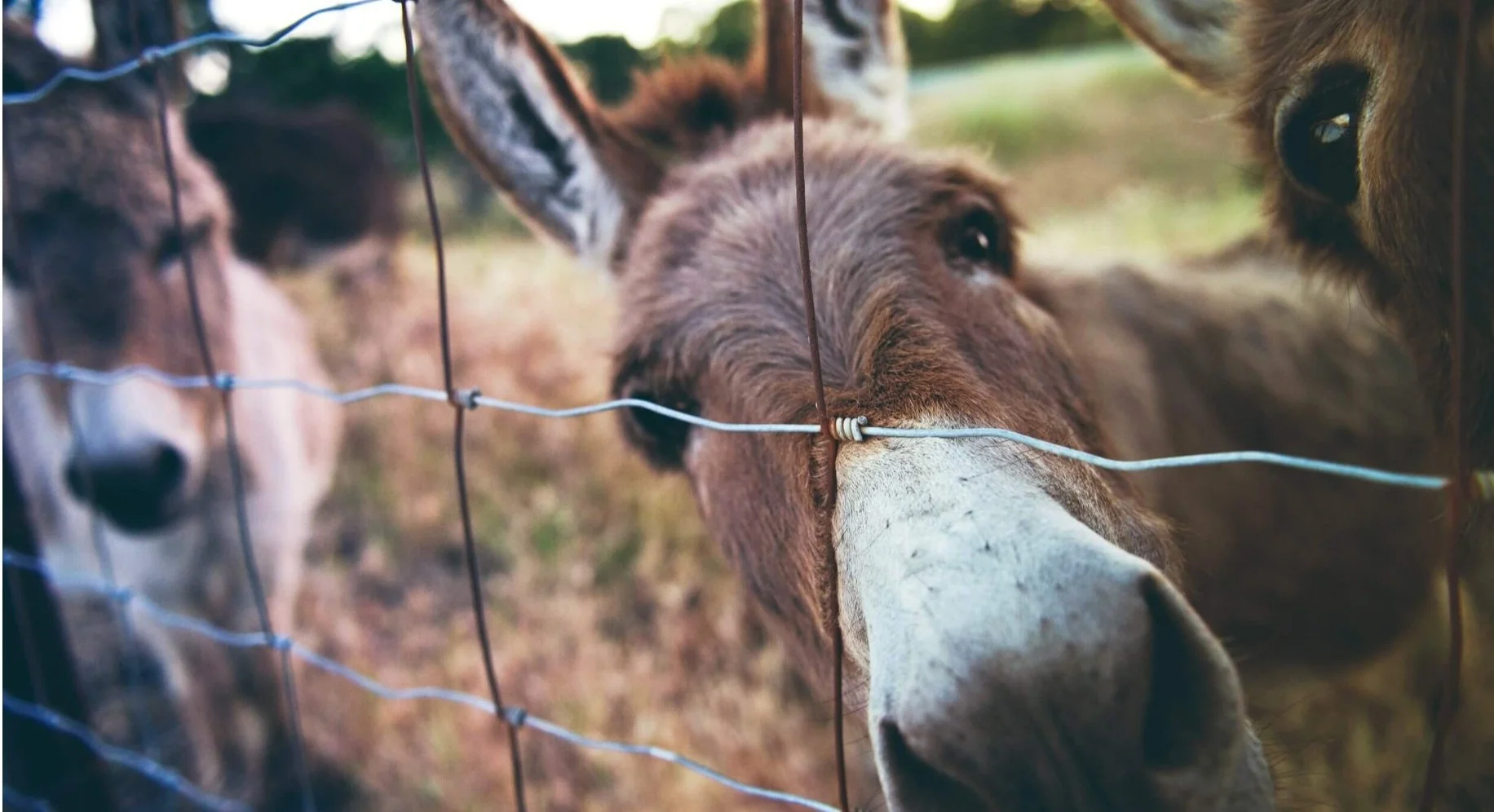“Death and life are in the power of the tongue,” says the book of Proverbs. Death and life are in the stories we tell. It saddens me how many of the stories we tell about the Bible are stories of death, when I have come to see it as so full of life.
Tell me your stories.
In her book The Queer God, Marcella Althaus-Reid, one of the earliest voices in the field of Queer Theology wrote that “Queer Theology is…a first-person theology: diasporic, self-disclosing, autobiographical and responsible for its own words.”









